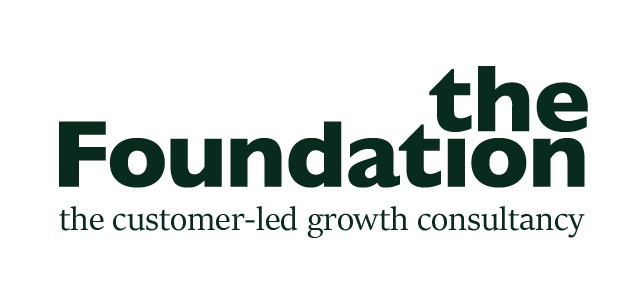The Illusion of Efficiency
‘Oh you’re going to LOVE the show, it’s spectacular!’
A few weeks ago, I had to buy some theatre tickets over the phone rather than online. In doing so, I remembered what organisations sometimes miss by forcing customers online in the search of a lower cost to serve.
I had some of those paper theatre vouchers to use up. The ones with the complex 15-digit number and scratch-off PIN (that, for those of us from the first scratch card generation, still hold a sense of excitement.)
A quick search online showed that they could only be used over the phone, so I called the number, and prepared for a long wait.
Five seconds went by. Then Samantha answered.
Clearly taken aback by an organisation actually answering the phone promptly when I called, I mumbled something about tickets to see Moulin Rouge.
From there, she took over.
‘I’ve seen it three times, it’s wonderful, and perfect for a birthday treat’
‘The stage is quite high, and there’s a lot of moving parts and props, so I’d suggest going for these seats for the best experience’
‘There are more expensive ones, but in my opinion these will give just as good a view’
‘Do you know the area? I can recommend a few restaurants nearby if you need them?’
She sorted the payment, summarised everything, and even sent a follow-up email:
Hello John,
I was very happy to be able to help you purchase your seats for Moulin Rouge today.
Enjoy the show! – It’s SPECTACULAR!!! ️ ️
Thank you for contacting us
Samantha
Sounds great, doesn’t it? And all in all, it took just over five minutes.
Compare that to if I’d tried to do that online:
Find the right website (there’s a lot to choose from), work out the best seats from those 1980s Amstrad viewfinder graphics, head to Tripadvisor for advice from a complete stranger (who could be anywhere from four feet to seven feet tall and have very viewing different requirements), probably go for the most expensive I can afford as a proxy for quality, buy the tickets, and hope for the best.
Doing it online, in comparison to the phone, would have meant:
Time taken: Maybe the same, maybe more
Certainty: Much, much less
Stressfulness of the experience: Far greater
Lovely smile when coming off the call thanks to the genuine, human warmth in the conversation: Absent
I call this the illusion of efficiency. Organisations believing that by encouraging people online and making it hard to phone, everything will be quicker, easier, and – for the organisation – cheaper.
I recently had a very ill relative and had to get to the hospital quickly to see them before an operation. I phoned my insurance company to see if I was covered to drive her car. Ten minutes of guessing options and being told by an automated voice ‘You can do this on our website, goodbye!’. Then, finally getting the magic combination of numbers, through to a human.
‘You know this information is in your policy booklet?’
‘Yes, but as a normal human I don’t carry that around with me everywhere I go’.
Then a two-second answer of: ‘Yes, you can drive it’.
A five-second call that took ten minutes. I missed seeing them going into the operating theatre by two minutes. These actions have consequences.
Similarly, Lauren Currie told me of a tale of trying to get the CEO of a website she uses to host her (brilliant) community to answer a few simple questions. He refused to speak on the phone, leading to a painfully long email back and forth, comprising several responses from him saying ‘I’m sorry, I don’t understand your point’ leading to Lauren’s excellent reply of ‘That’s because you’ve chosen to email about complex nuanced things.’
Clearly many experiences are quicker and easier online. And my theatre experience – whilst better for me – was seemingly more costly for the organisation.
However, in our rush to go digital, we’ve forgotten all the extra benefits real people bring – and the time they can save – and fallen into the illusion of efficiency.
For those experiences with a slightly complex decision, talking to someone with genuine knowledge is still likely to be quicker than doing it online, even if all the information we need is at our fingertips. And crucially, customers are likely to have a better experience, feeling confident, reassured, and more likely to buy from that company again – as well as genuinely recommending the organisation to their friends, family, and followers, too.
Just like I’m telling you about The Ambassador Theatre Group now. Check them out, they’re great. And if you speak to Samantha, say hello from me.
